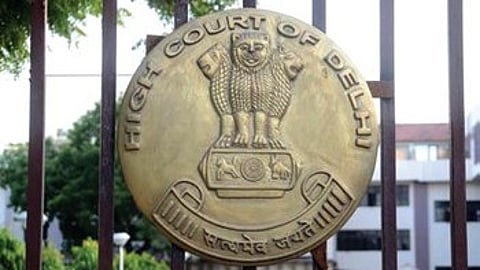

NEW DELHI: The Delhi High Court has clarified that the location where a woman takes her own life does not negate the possibility of it being a case of dowry death, provided the act is linked to matrimonial cruelty.
Justice Girish Kathpalia, presiding over the matter, emphasised that the core concern in cases of alleged dowry deaths under Section 304B of the Indian Penal Code is the continuity of the matrimonial relationship, not the place where the woman ends her life.
The court said that the place where a tormented woman is driven to end her life bears no consequence. “For a meaningful interpretation of Section 304B IPC, the focus must be on the existence and persistence of the marital tie, irrespective of where the deceased relocates prior to her death,” Justice Girish Kathpalia Said.
This observation was made while the court rejected a bail plea submitted by a man accused in the alleged dowry-related suicide of his wife. The deceased woman’s father had lodged an FIR naming the husband, along with his parents and sisters, alleging consistent harassment over dowry demands.
In his defence, the husband argued that no acts of cruelty or dowry-related pressure occurred while the deceased was residing at her parental home.
He contended that since she died by suicide there and not in the matrimonial home, Section 304B IPC would not apply.
However, the court remained unconvinced. “I find no merit in the claim that the suicide occurring in the parental home precludes the incident from being classified as dowry death,” the judge stated.
The court further said the expression “soon before her death”, as used in Section 304B IPC has to be construed keeping in mind the scope and purpose behind the enactment.
It has to be read as an expression of continuity of time and not an expression of mere length of time, it added. Accordingly, the HC dismissed the husband’s argument that the lack of immediate harassment prior to the suicide excluded the applicability of the offence under Section 304B of the IPC.